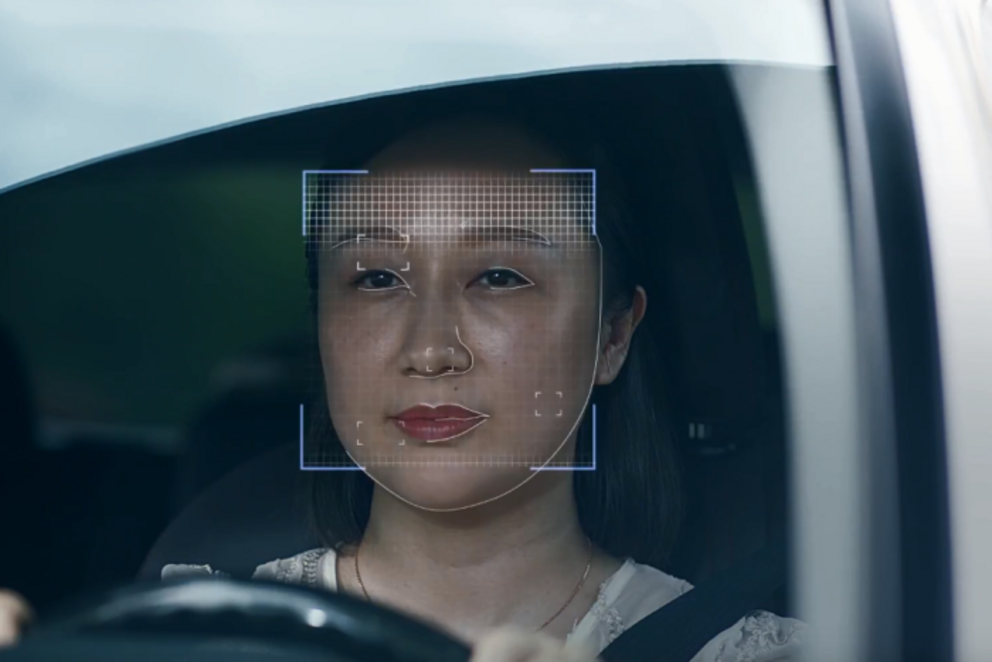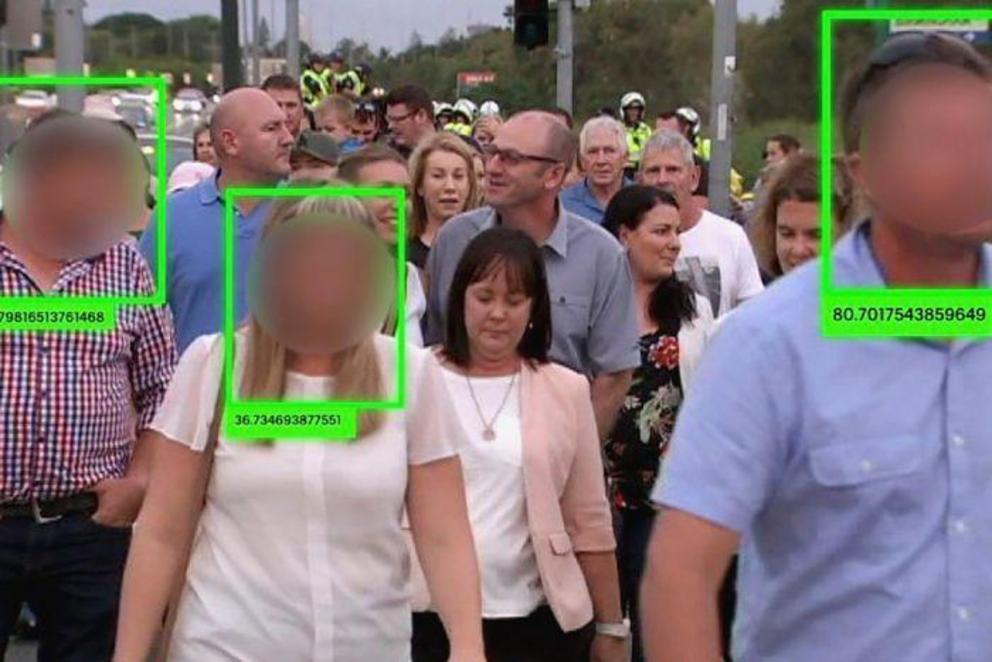San Francisco becomes first US city to ban police use of facial recognition technology
The ban will apply to San Francisco's police and local government departments.
San Francisco's local government has voted to ban the use of facial recognition software by police and other city departments, becoming the first US city to outlaw a rapidly developing technology that has alarmed privacy and civil liberties advocates.
Key points:
- Advocates argue the technology is flawed and a serious threat to civil liberties
- Critics of the ban say police need all the help they can get
- The ban will not apply to the US Government at airports or in private businesses
The ban is part of broader legislation that requires city departments to establish use policies and obtain board approval for surveillance technology they want to purchase or are using at present.
Several other local governments require departments to disclose and seek approval for surveillance technology.
"This is really about saying 'We can have security without being a security state. We can have good policing without being a police state.' And part of that is building trust with the community based on good community information, not on Big Brother technology," said supervisor (councillor) Aaron Peskin, who championed the legislation.
The ban applies to San Francisco police and other municipal departments, but it does not affect the use of the technology by the Federal Government at airports and ports, nor does it limit personal or business use.
The San Francisco board (council) did not spend time debating the outright ban on facial recognition technology, focusing instead on the possible burdens placed on the police, the transit system and other city agencies that need to maintain public safety.
"I worry about politicising these decisions," said supervisor Catherine Stefani, a former prosecutor who was the sole no vote.
The Information Technology and Innovation Foundation, a non-profit think tank based in Washington, DC, issued a statement chiding San Francisco for considering the facial recognition ban. It said advanced technology makes it cheaper and faster for police to find suspects and identify missing people.
According to Daniel Castro, the foundation's vice-president, critics were silly to compare surveillance usage in the United States with China, given that one country has strong constitutional protections and the other does not.
"In reality, San Francisco is more at risk of becoming Cuba than China — a ban on facial recognition will make it frozen in time with outdated technology," he said.
It is unclear how many San Francisco departments are using surveillance and for what purposes, Mr Peskin said.
He said there were valid reasons for licence-plate readers, body cameras and security cameras, but the public should know how the tools are being used or if they are being abused.
San Francisco's police department stopped testing face ID technology in 2017. A representative at the meeting said the department would need two to four additional employees in order to comply with the legislation.
Privacy advocates have squared off with public safety proponents at several heated hearings in San Francisco, a city teeming with tech innovation and the home of Twitter, Airbnb and Uber.
Those who support the ban say the technology is flawed and a serious threat to civil liberties, especially in a city that cherishes public protest and privacy.

Critics of the technology ban say it is a costly additional layer of bureaucracy for little benefit.
They worry people will one day not be able to go to a shopping centre, the park or a school without being identified and tracked.
But critics say police need all the help they can get, especially in a city with high-profile events and high rates of property crime.
Meredith Serra, a member of a resident public safety group Stop Crime SF, said it was unreasonable for people to expect privacy in a public space given the proliferation of mobile phones and surveillance cameras.
"To me, the ordinance seems to be a costly additional layer of bureaucracy that really does nothing to improve the safety of our citizens," she said at a hearing.
The neighbouring city of Oakland is considering similar legislation.

